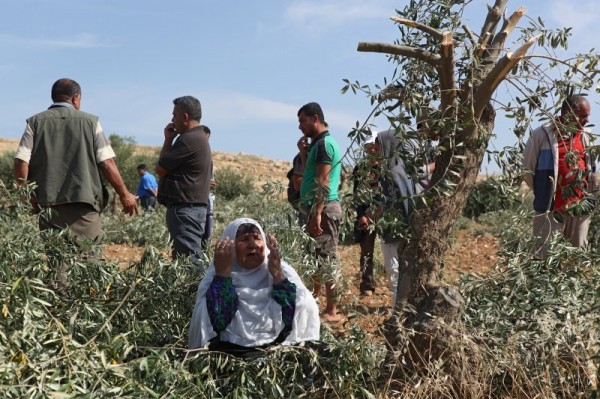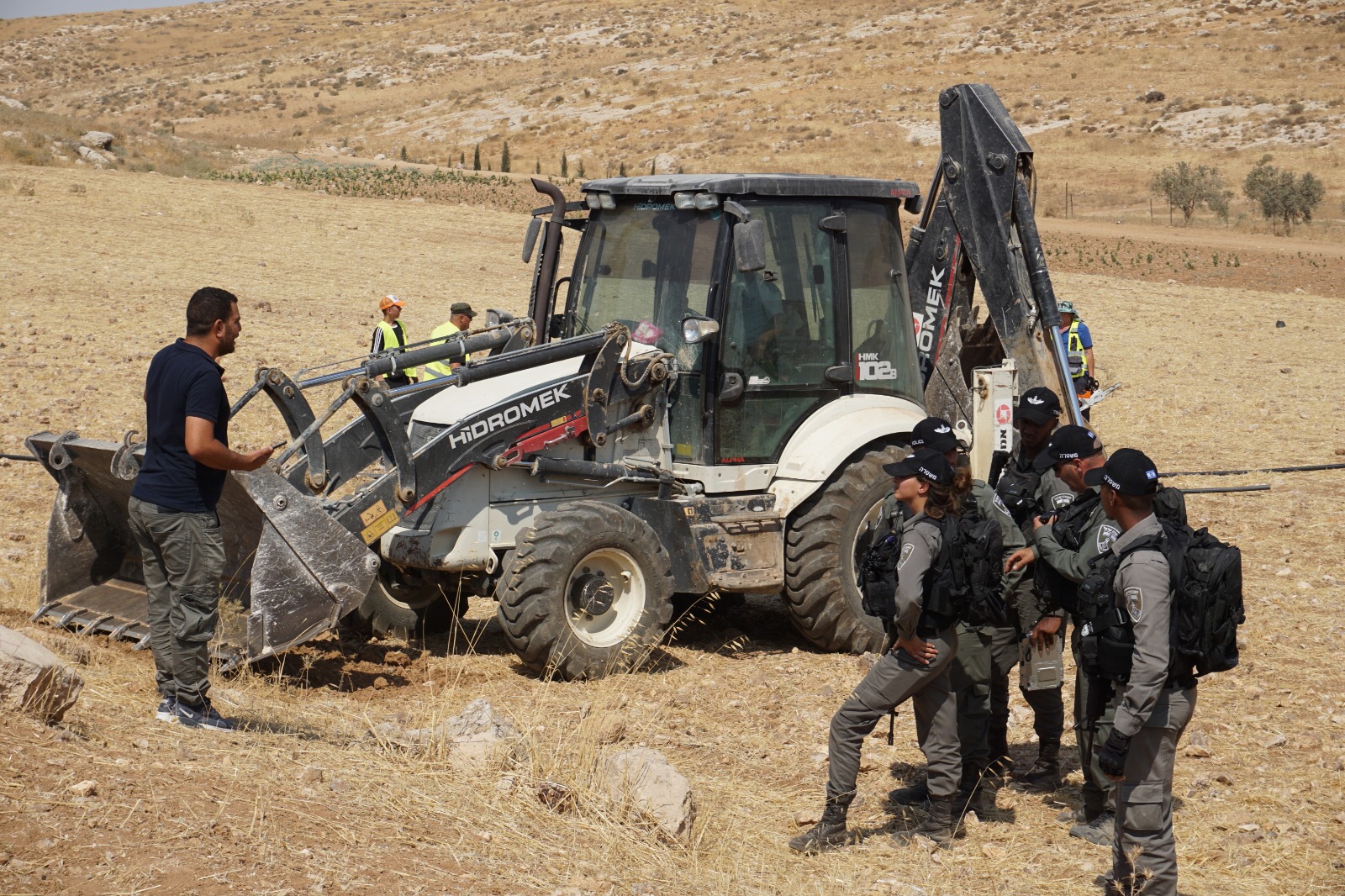Category: Reports
-
Statement on “postponement” of Regavim London talk due to activist pressure
Yesterday, UK Lawyers for Israel (UKLFI) announced the “postponement” of a talk by extremist pro-settler group Regavim in London due to opposition from British, Israeli, and Palestinian activists. Regavim, which receives funding from the Israeli government, is not only anti-Palestinian and openly racist, but also lobbies for the ethnic cleansing of Palestinians from the West…
-

Call for volunteers: Olive Harvest 2019
August 25 | International Solidarity Movement | Occupied Palestine At a time of regular settler and IOF violence in the West Bank, the International Solidarity Movement (ISM) is issuing an urgent call for volunteers to join us for the 2019 Olive Harvest Campaign at the invitation of Palestinian communities. The olive tree is a national…
-

Ten people arrested from Beit Kahel: the village targeted with violent night raids and demolition threats
August 25| International Solidarity Movement | Beit Kahel, Occupied Palestine As part of a targeted collective punishment towards the village of Beit Kahel following the death of an Israeli settler in Gush Etzion, ten individuals from the village have been arrested by Israeli Occupation Forces. Seven of the detainees are all part of the Asfara…

